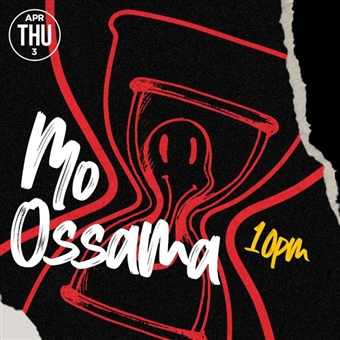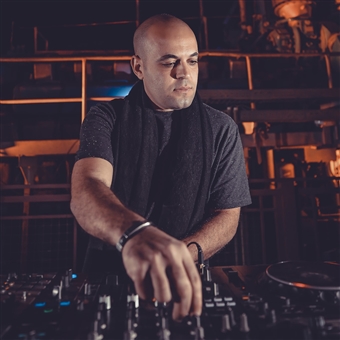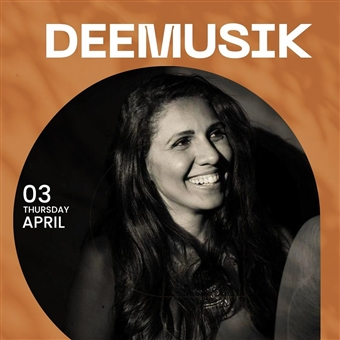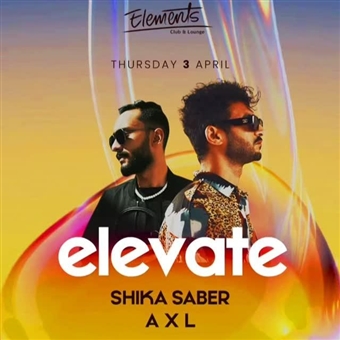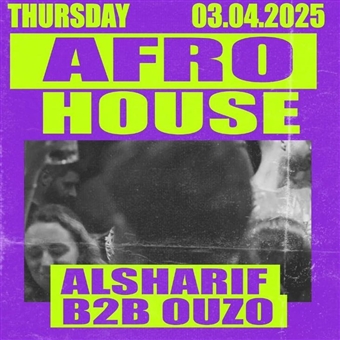11 Popular Egyptian Novels That Made it to The Silver Screen
Because literature has always been decades ahead of cinema, and Egyptians have long been masters of both.
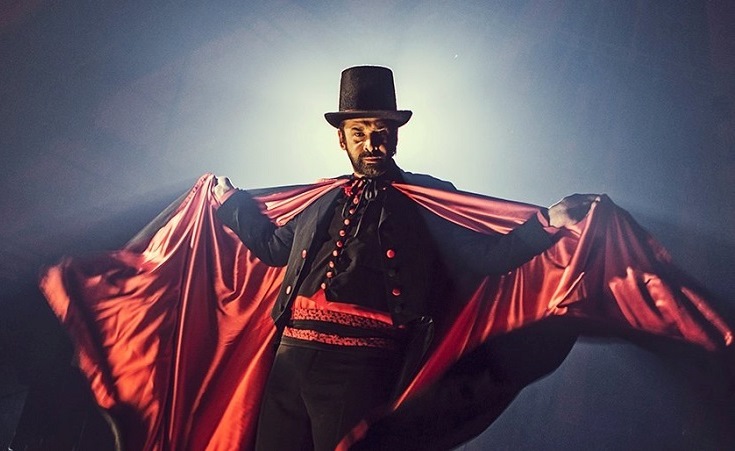
Egypt's literary history took a turn to the more existential, deeper, and more nuanced in the 20th century, with writers like Naguib Mahfouz, Tawfiq Al Hakim, Latifa Al Zayyat and Yehya Haqqi exploring themes of belonging and estrangement. Eventually, cinema caught up to immortalise these tales in film. From politics to social taboos, the following novels-turned-films have changed our understanding of our own humanity and left us wanting more.
El Bab El Maftouh (The Open Door)
A Naguib Mahfouz Medal of Literature award winner by Latifa Al-Zayyat, The Open Door is a bold work of fiction about the rise of Egyptian nationalism prior to the 1952 Free Officers’ coup d’état, and the young men and women who seek political and social freedom. The Open Door was adapted into a film by Henry Barakat starring Faten Hamama and Saleh Selim.
Andeel Om Hashim (The Lamp of Umm Hashim)
In The Lamp of Umm Hashim, Yehya Haqqi deals with the cultural differences that exist between the East and the West through his protagonist, Ismail, who struggles to reconcile Eastern spiritualism and Western materialism. The critically acclaimed novel was adapted into a film by Kamal Attia starring Shokry Sarhan as Ismail.
Hepta (Hepta)
A masterfully written work of fiction by Mohamed Sadeq in which he explores the theme of love and delves into what it really feels like to fall under its potent spell. Hepta, which means 'seven' in ancient Greek, takes a closer look at the seven stages of love. The 2016 film adaptation stars Maged El Kedwany, Yasmine Ra’ees and Gamila Awad.
Doaa El Karawan (The Call of the Curlew)
The Call of the Curlew is one of the finest literary works to emerge out of Egypt. Written in Taha Hussein’s signature style, the novel deals with the themes of revenge, love, and social taboos, while offering insightful observations on the human condition. The film, directed by Henry Barakat, was released in 1959 and starred Faten Hamama and Ahmed Mazhar.
Osfour Mn El Sharq (A Sparrow from the East)
Tawfiq Al-Hakim’s third novel, this literary master piece cemented his status as a pioneering Egyptian writer. A Sparrow from the East tells about love’s transient nature and its impact on a romantic young man from Egypt who comes to view the cultural divisions between the East and the West through the prism of his failed romance with a Parisian woman. It was adapted into a Yussif Francis film of the same name, starring Nour El Sherif and Souad Hosny.
Bein El Qasrein (Palace Walk)
The first instalment of Nobel Prize winner Naguib Mahfouz’s critically acclaimed Cairo Trilogy, Palace Walk deals with the political shifts and societal changes Egypt went through from 1917 during World War I and 1919, the year of the Saad Zaghloul-led revolution against the British Occupation. The 1962 film adaptation was directed by Hassan Al Imam and starred Yehia Shahin and Maha Sabry.
Qasr El Shouq (Palace of Desire)
The second instalment of Mahfouz’s Cairo Trilogy, Palace of Desire explores themes of modernity and conservatism in colonial Egypt. In 1967, the Hassan Al Imam directed film adaptation was released to rave reviews.
El Sokariyya (Sugar Street)
In Sugar Street, the third and final instalment of Cairo Trilogy, the family saga culminates in a dramatically compelling ending, revealing the extent of Mahfouz's storytelling mastery. Although not as successful as the franchise’s previous pictures, the 1973 Hassan Al Imam directed film adaptation garnered positive reviews.
Al Feel Al Azraq (The Blue Elephant)
All allegations of plagiarism aside, this compelling psychological thriller merits a place on our list for a very simple reason: Ahmed Murad doesn’t rely on cheap thrills, but rather builds the story on deep and complex foundations. The 2014 film adaptation of the same name, starring Karim Abdul Azeez and Nelly Kareem, was well received by audiences and critics alike.
Yawmeyat Na’eb Fi El Aryaf (Maze of Justice: Diary of a Country Prosecutor)
Upon its release in 1933, Maze of Justice: Diary of a Country Prosecutor received rave reviews from critics for its bold and unreserved depiction of corrupt politicians and religious clerics who ail Egyptian society. The film adaptation was released in 1969 and was well received by audiences and critics alike. The Tawfiq Saleh picture starred Souad Hosny and Shokry Sarhan.
Omaret Yacoubian (The Yacoubian Building)
Alaa al-Aswany's taboo-defying and culture-shaking 2002 novel, translated to English in 2004, delves into the often-intertwined lives of the peculiar inhabitants of Downtown Cairo's Yacoubian Building, each with a gripping story that serves as a commentary on the country's promising past and contemporary conundrums. Marwan Hamed's 2006 film release of the same name hosted a number of Egyptian cinematic giants, including Adel Imam, Hend Sabry, Nour El Sherif, Bassem Samra, Yousra, Somaya El Khashab, Isaad Younes, Youssef Daoud, Khaled El Sawy, Ahmed Rateb, Ahmed Bedeir, and the brilliant Khaled Saleh. The novel and its film adaptation remain one of the most popular and controversial social commentaries on the state of Egypt.
Trending This Week
-
Mar 29, 2025













